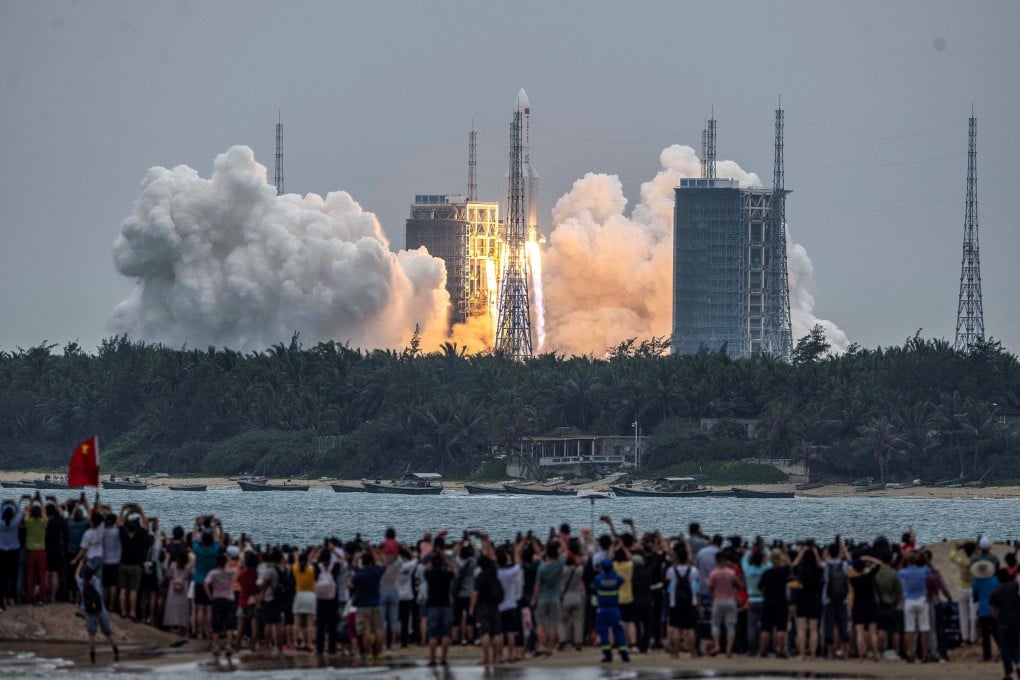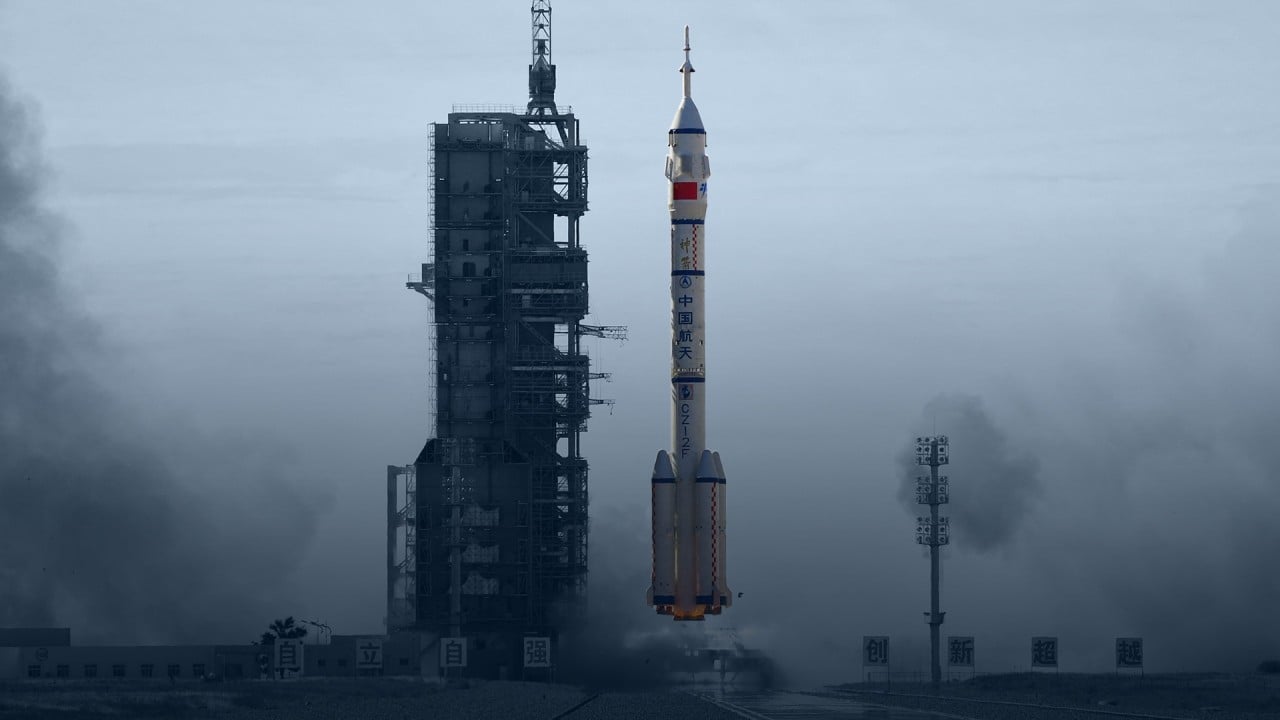China’s space programme will go nuclear to power future missions to the moon and Mars
- Prototype design for a powerful nuclear reactor for the space programme has been completed and some components have been built, according to researchers
- Secrecy surrounding most Chinese space nuclear reactor programmes means there is no government regulation or law on clean-up after an accident

The reactor can generate one megawatt of electric power, 100 times more powerful than a similar device Nasa plans to put on the surface of the moon by 2030.
The project was launched with funding from the central government in 2019. Although technical details and the launch date were not revealed, the engineering design of a prototype machine was completed recently and some critical components have been built, two scientists who took part in the project confirmed to the South China Morning Post this week.
“Nuclear power is the most hopeful solution. Other nations have launched some ambitious plans. China cannot afford the cost of losing this race,” said one researcher with the Chinese Academy of Sciences who asked not to be named as they were not authorised to speak to the media.
In his last days in office, former United States president Donald Trump signed an executive order to accelerate the application of nuclear power in US civilian and military space programmes. Nasa recently opened a bid to private contractors to develop a 10-kilowatt nuclear fission device that could support a sustained human presence on the moon within a decade.
